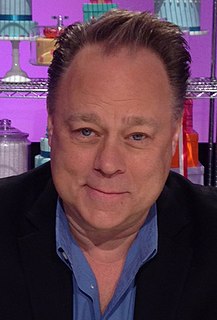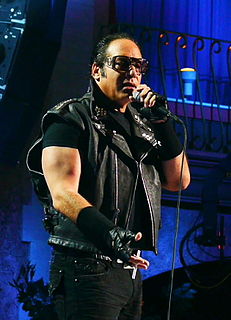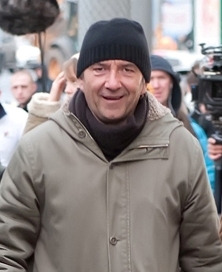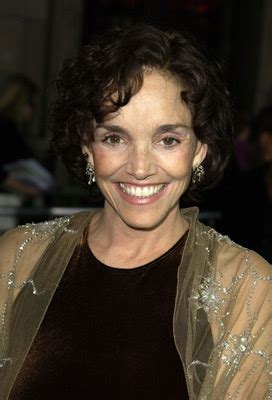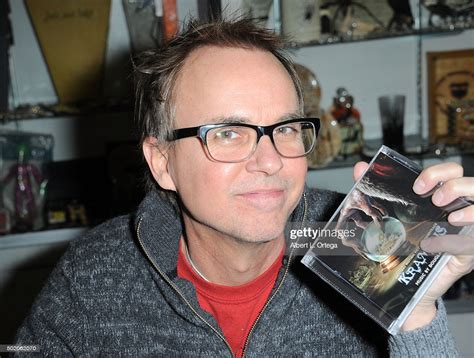A Quote by Vikramaditya Motwane
What I loved about the 1950s is that there is an aesthetic to even the average film. The way the camera is placed, the way characters move, the way you dressed the sets, the respect for craft and actors, I do miss that in today's films.
Related Quotes
Silence Of The Lambs? is a ?fantastic? film. It's a horror film, and it's an incredibly well-told film that is about point of view in such a unique way. The way that film is shot, the way the eyelines are so close, if not directly into camera, betrays an intimacy with the characters and the audience.
You know, women are acting the way they want to act now. Years ago they would hide it in the way they dressed, the way they speak, even the way they act in bed. Today, they're doing the same thing, but they're dressing the way they want to be treated and, when you're with them, acting the way they want to act. And you know, honesty is the best policy. I love that.
In films, you are a commodity. You are a look, something that the camera really likes, something that has struck an audience in a certain way. It's not really so much about transforming yourself the way actors do onstage. I think there's a difference between the skill of acting in movies and onstage.
The biggest mistake we make is trying to square the way we feel about something today with the way we felt about it yesterday. You shouldn’t even bother doing it. You should just figure out the way you feel today and if it happens to comply with what you thought before, fine. If it contradicts it, whatever. Life goes on.
What Joe and I love about the film industry, it's like the wild West. We're two guys who grew up a million miles away from the film business; it doesn't matter where you come from or where you go to school. All that matters is, can you find a way to practice the craft and express yourself in a way that people respond to.
I was playing in a band and was approached to score an independent film. I had never done it, but had written instrumental music, so I figured I could do it. Turns out I loved scoring the film, and took on another couple films before realizing that if I was to be an effective narrative composer, I should study the craft of composition. I stopped taking projects and got a degree in orchestral music composition, and followed that with film scoring studies. Near the end of my degree studies, I started taking on student films as a way to get back into film scoring.
The way I see the job, my definition of it, is to create characters to the best of your ability and then fit into what's trying to be accomplished in the general framework of the film. I think that's whether you're doing this- even if you're doing musical theater. That's what I think an actors job is. I don't know. I like to think what an actors job is is to create characters.
I don't want to know about the lives of other actors and I don't want people to know too much about me. If we don't know about the private lives of other actors, that leaves us as clean slates when it comes to playing characters. That's the point, they can create these other characters and I can believe them. I think if you're a good enough actor, that's the way to longevity in the film business. Keep everybody guessing.
So I'm always inspired by my fellow actors. And that's kind of a constant for me. I have huge respect for our profession and our craft. And I seek in my work to create connections, first for me with the character and then the character with the other actors, and then ultimately, all of us together connecting with the audience in a way that sometimes is subliminal, even.
The thing I was up against in documentary films - was trying to get non-actors to convincingly play themselves in a way I'd come to know before the camera started rolling. And many non-actors can't do that convincingly, even if they just have to play themselves - they can't be naturalistic. And I would always want to recreate something I'd witnessed them do or say, and it just would be incredibly difficult because of the fact they weren't actors.
But I liked you from the moment I first heard your voice,” he said, “when I had no idea what you looked like. I thought it delicious, the way you bargained for me, as though I were an old rug. Then I loved the way you looked at me. Then I loved the way you ordered me about. I loved your patient and impatient ways of explaining things to me. I love the sound of your voice and the way you move. I love your courage and your kindness and your generosity and your obstinacy and your passion.” He paused. “You’re the genius. What do you think that means?


